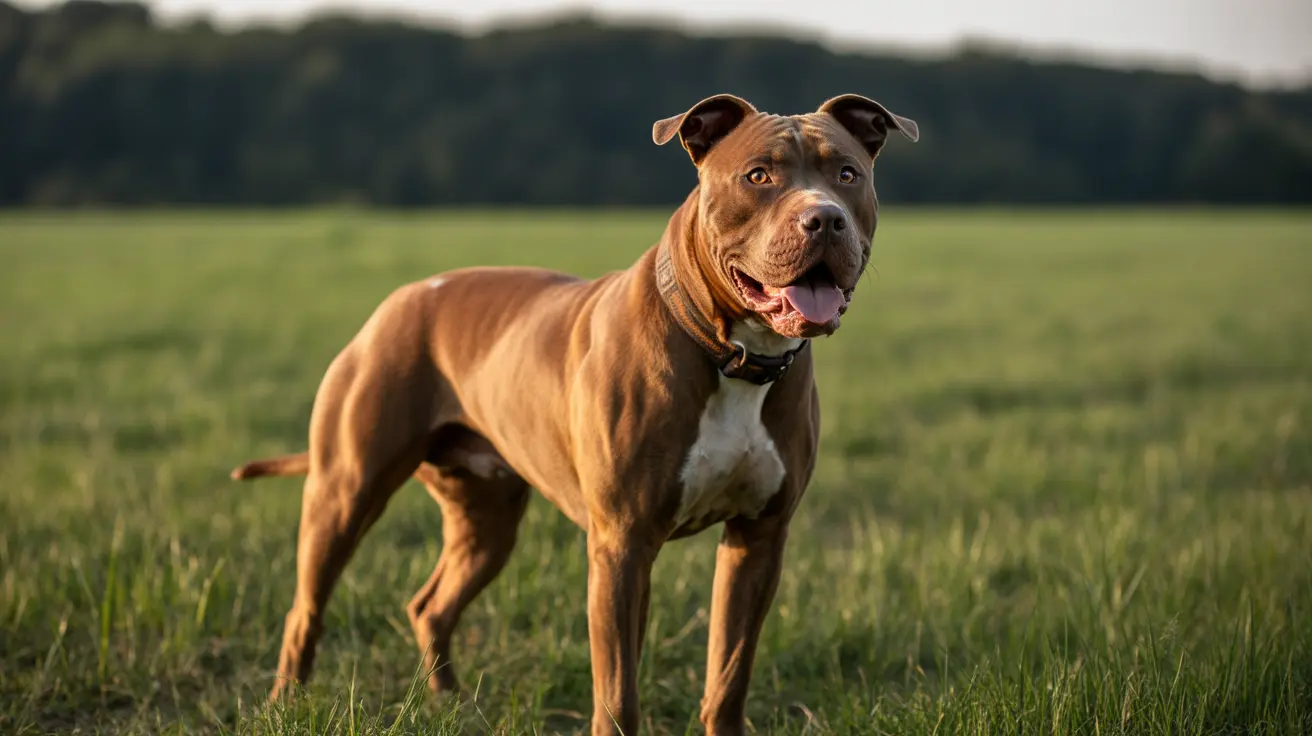Do Dogs Get Offended When You Don't Let Them Lick You?
Dogs are affectionate animals that use licking as a form of communication and bonding. However, many pet owners wonder:
do dogs get offended when you don't let them lick you? While the concept of offense is largely human, understanding canine emotional responses can help us interpret their behavior more accurately.
Understanding Why Dogs Lick
Dogs lick for several reasons, and it’s a deeply ingrained behavior:
- Affection: Licking is a way for dogs to show love and bond with their humans.
- Communication: Puppies lick their mothers as a form of social interaction. Adult dogs carry this behavior into later life.
- Taste: Human skin often tastes salty, which some dogs enjoy.
- Stress Relief: Licking can release endorphins, reducing anxiety in dogs.
Do Dogs Feel Offended?
While dogs experience a range of emotions such as happiness, fear, and anxiety, it’s important to recognize that
they don’t process complex emotions like humans do. Offense, particularly rooted in ego or pride, is not something dogs are likely to feel.
However, they can experience emotions that resemble those we associate with being offended:
- Confusion: A dog may tilt its head or stop wagging its tail if you're acting contrary to regular behavior.
- Disappointment: Dogs can feel let down if they are used to being allowed to lick and then are suddenly discouraged.
- Attachment Distress: If licking is tied to bonding, a rejection might momentarily confuse your pet.
How Dogs May React
Reactions vary by temperament and past experiences:
- Submissive Behavior: Some dogs will look away, lie down, or display submissive gestures.
- Seeking Attention: Others may try different ways to gain your affection, like nudging, whining, or pawing.
- Withdrawal: In infrequent cases, a very sensitive dog may temporarily distance itself.
Managing Licking Behavior Kindly
If you prefer your dog not to lick you, it's best to discourage the action gently:
- Redirect their attention using toys or treats.
- Use verbal cues like "no lick" consistently.
- Offer praise or affection when they respond appropriately.
- Avoid punishment—it can lead to anxiety or fear.
Consistency and positive reinforcement help maintain trust without hurting your dog's feelings.
Alternatives to Licking
You can still bond with your dog without allowing licking:
- Petting: Most dogs love gentle touches and belly rubs.
- Playtime: Engage in games like fetch or tug-of-war.
- Training: Positive training activities reinforce trust and affection.
Conclusion
While dogs do not get offended in the same way humans do, they are sensitive to your responses and may feel confused or disappointed if their natural behaviors are restricted.
Honoring a dog’s emotional needs while setting boundaries kindly is the key to a strong and healthy relationship. Paying attention to their reactions and offering alternate ways to show affection can go a long way in keeping your canine friend happy and secure.





